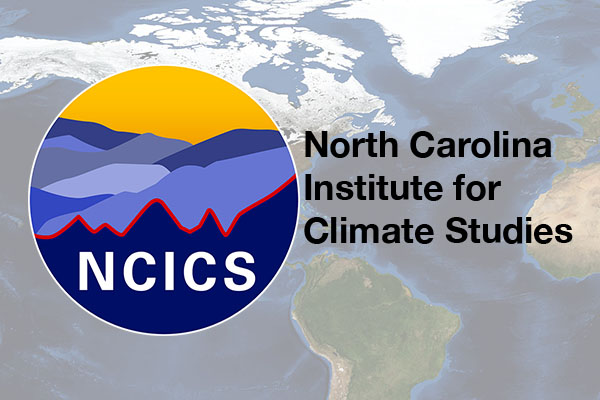
Image by Dmitrii Pridannikov/Shutterstock.com
BOONE, N.C. — Thanks to a $9,831 grant from the North Carolina Occupational Safety and Health Education and Research Center (NC OSHERC), Appalachian State University and North Carolina State University's North Carolina Institute for Climate Studies (NCICS) together will conduct a study on individual-level temperatures experienced by outdoor workers in cold work environments.
The NC OSHERC is part of the Gillings School of Global Public Health at the University of North Carolina at Chapel Hill.
Project researchers Drs. Maggie Sugg and Jennifer Runkle said they plan to use the study’s findings to create novel prevention strategies to ensure optimal worker performance and protection in such environments. Sugg is assistant professor in Appalachian’s Department of Geography and Planning, and Runkle is an environmental epidemiologist with the NCICS and an affiliate professor in the Department of Geography and Planning.
Sugg said the objective of this research is to use GIScience (geographic information science) to characterize individual-level temperatures experienced by outdoor workers in cold environments using wearable sensor technologies.
“Our research team has an ongoing project that aims to employ personal monitoring devices to characterize spatial and temporal variations in cold exposure among outdoor workers; examine the occupational, environmental and behavioral factors that contribute to variations in individual exposure to low ambient temperatures; and compare individual-level temperature measurements with ambient temperature monitoring stations,” she explained.
According to Sugg, the project will provide better understanding on the individual temperature experience for outdoor workers across diverse geographic settings. Furthermore, she said her research team plans to translate the study’s findings into novel prevention strategies to ensure optimal worker performance and protection in such environments.
About the Department of Geography and Planning
The Department of Geography and Planning promotes the understanding of the spatial dimensions of human behavior within the physical and cultural systems of the earth, and the role of planning in achieving improvement in those systems. The department offers degrees in geography and in community and regional planning. Learn more at https://geo.appstate.edu.
About the College of Arts and Sciences
The College of Arts and Sciences (CAS) at Appalachian State University is home to 17 academic departments, two centers and one residential college. These units span the humanities and the social, mathematical and natural sciences. CAS aims to develop a distinctive identity built upon our university's strengths, traditions and locations. The college’s values lie not only in service to the university and local community, but through inspiring, training, educating and sustaining the development of its students as global citizens. More than 6,800 student majors are enrolled in the college. As the college is also largely responsible for implementing App State’s general education curriculum, it is heavily involved in the education of all students at the university, including those pursuing majors in other colleges. Learn more at https://cas.appstate.edu.
About Appalachian State University
As a premier public institution, Appalachian State University prepares students to lead purposeful lives. App State is one of 17 campuses in the University of North Carolina System, with a national reputation for innovative teaching and opening access to a high-quality, cost-effective education. The university enrolls more than 21,000 students, has a low student-to-faculty ratio and offers more than 150 undergraduate and 80 graduate majors at its Boone and Hickory campuses and through App State Online. Learn more at https://www.appstate.edu.
What do you think?
Share your feedback on this story.













